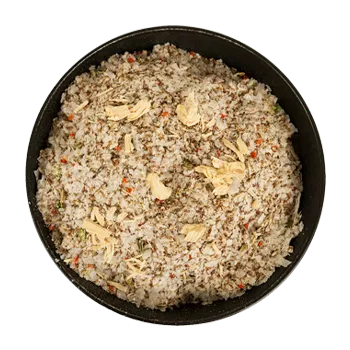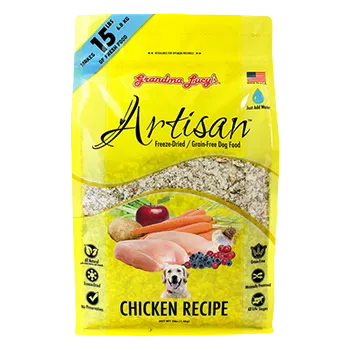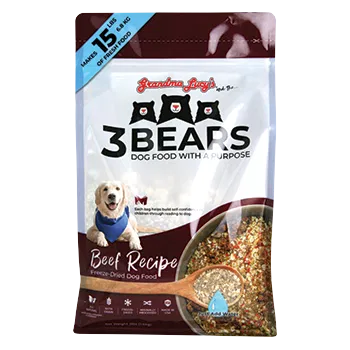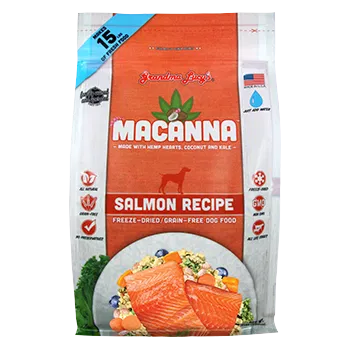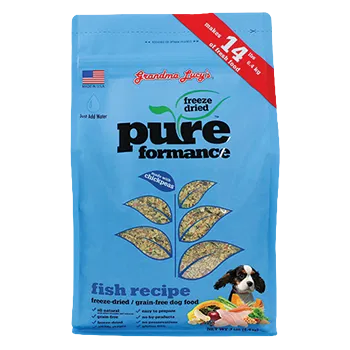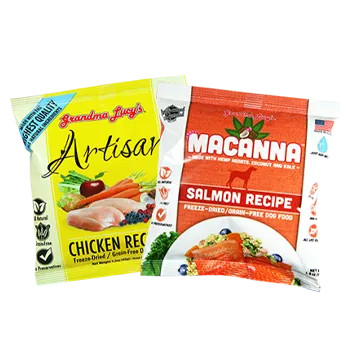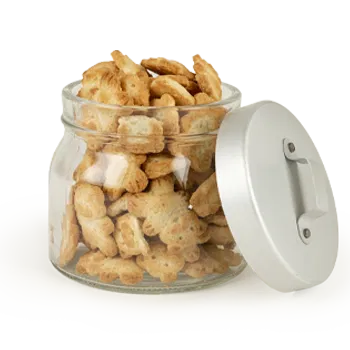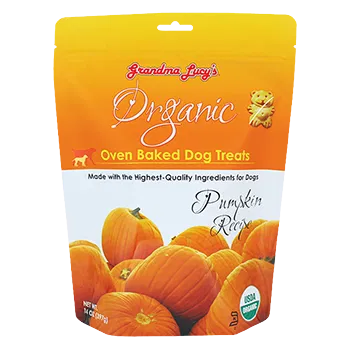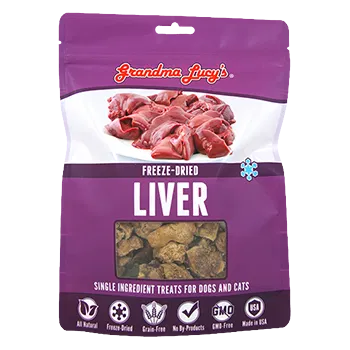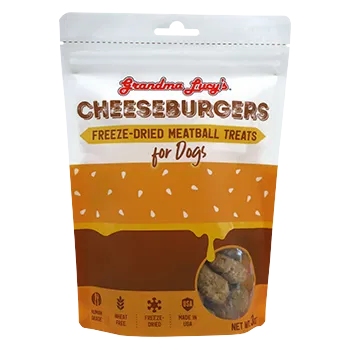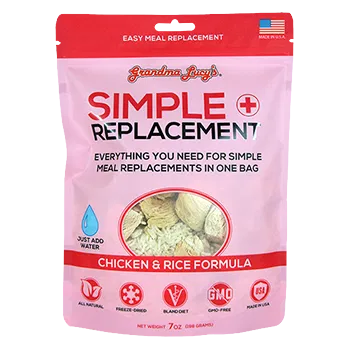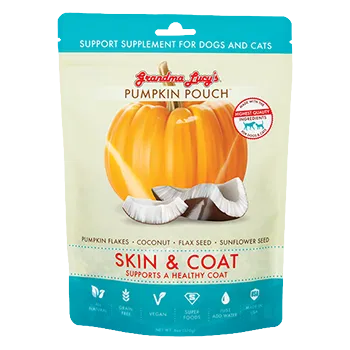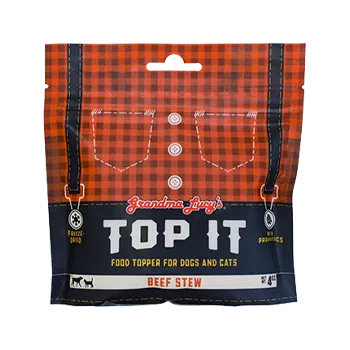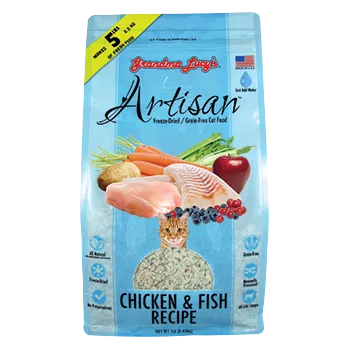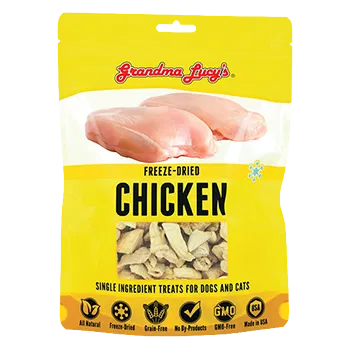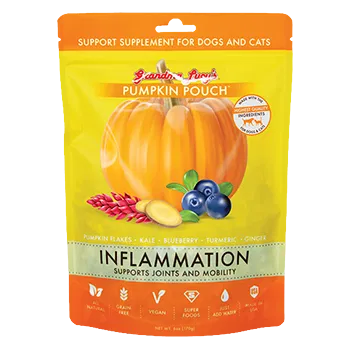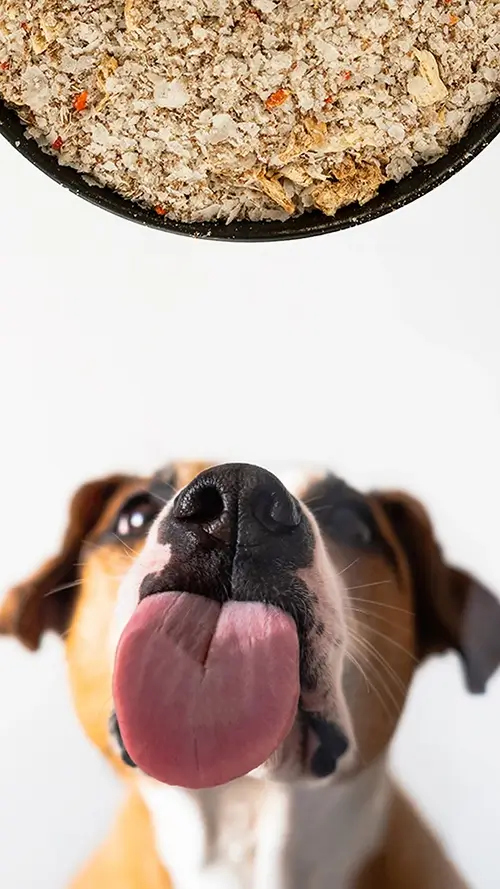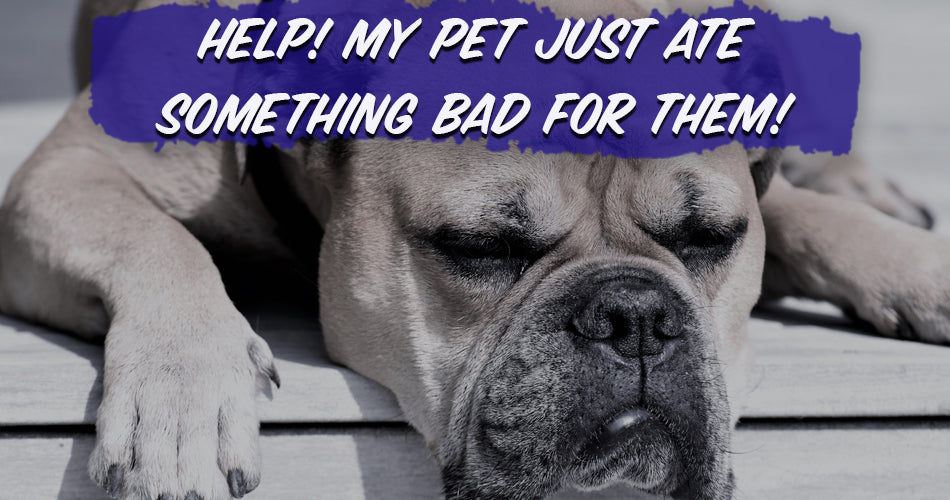No matter how careful you are as a pet owner, it’s inevitable that your pet will, at some point, ingest something they shouldn’t. Pets (especially puppies and kittens) typically explore their world through their mouth (much like a human infant). So it’s important to keep potentially harmful products out of reach from inquisitive noses and mouths.

What Foods are Bad for My Pet?
Despite those hard-to-resist puppy eyes that never stop begging, a lot of human food is just not good for your pet. Pet owners are already familiar with many of these foods including:
- Chocolate
- Mushrooms
- Dairy
- Onions
- Alcohol & Caffeine
- Raisins, Currants, & Grapes
- Walnuts & Macadamias
- Overly Fatty Foods
- Avocados
- Small Cooked Bones
- Candy (Pay attention to this especially with Halloween approaching; keep that bowl of candy always out of reach of all pets to keep them safe!)
But there are other food products that are just as dangerous for your pet including:
- Products that contain xylitol ( a popular, artificial sweetener that is deadly to dogs). Xylitol is also found in common products such as:
- Peanuts & Nut Butters
- Chewing Gum, Mints, & Candy
- English Muffins & Cookies
- Some Honeys & Sweeteners
- Condiments
- Sauces & Jams
AND even in non-edible products including:
- Medications & Cough Syrup
- Toothpaste & Mouthwash
- Some Vitamins & Supplements
- Beauty products/Cosmetics
How can I tell my Pet Ate Something Bad?
When pets have ingested something that is not “pet-friendly,” they will begin to show symptoms like:
- Nausea
- Vomiting
- Flatulence (gas)
- Upset Stomach
- Diarrhea

What Should I do if my Pet has these Symptoms?
If your dog has diarrhea, avoid giving them any food for 12-24 hours to allow their stomach to rest from the strain of digestion. However, make sure they have plenty of fresh clean water to avoid dehydration and ensure they are drinking regularly. Dehydration can become a serious side effect from vomiting and diarrhea where the dog loses his ability to replace vital lost fluids. Signs of dehydration include loss skin elasticity, dry gums and thick saliva. Dehydration could ultimately lead to life-threatening shock.
If diarrhea lasts for more than a few days, it can lead to dehydration and may indicate a more serious health issue that should be checked out by a veterinarian. Fever, dark-colored or bloody stools, straining to defecate or unexplained weight loss should be checked out immediately.
Depending on what they ate, pets may also stop passing stools, have a lack of appetite, exhibit lethargy or exhibit belly swelling or pain. These signs indicate you need to get to your vet immediately as there may be a potentially life-threatening stomach blockage. Time is of the essence, do not try to self-diagnose.
(Also, keep in mind that pets can also find and ingest things not normally considered “edible” and many of these items are in plain sight in our homes, garage and garbage. Even the compost in your backyard is a buffet of dangerous molds, spoilage and toxins. Even formaldehyde (yes, the chemical found in cigarettes and used to embalm the dead) is hiding in plain sight as fabric finishes in new clothing and bedding and even in some furnishings. Household cleaners, antifreeze, chlorine, fire logs, batteries and common insecticides, pesticides, herbicides, weed killers, fertilizers, mulch, toxic plants and more all pose potentially toxic health risks to your pets.)

